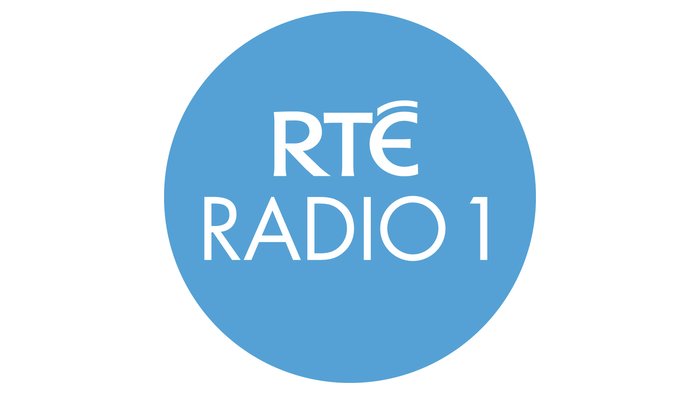Blog
Professor Brendan Kelly on Diagnosing Autism Spectrum Disorder (ASD)
- August 26, 2019
- Posted by: Ian Rice
- Category: Blog

On Today with Miriam O’Callaghan, Consultant Psychiatrist Prof Brendan Kelly discussed many aspects of ASD: diagnoses, supports needed, societal attitudes and more.
Adam Harris, Chief Executive of AsIAm and member of the College Autism Special Interest Group also discussed the social benefits of an autism diagnosis and the barriers to services a diagnosis can create.
Listen to the full audio of the interviews from Tuesday, 27 August here.
According to new research the number of ASD diagnoses has gone up in recent years, but this is due to an expansions of the borderlines for diagnosis.
Professor Brendan Kelly notes:
‘Many people with these milder variants [of ASD] don’t regard themselves as having a disorder at all because often they’re just a little bit different and they often have particular skills. Far from being a disorder, they feel that this just how they are and they are quite at ease with that.’
On the inherent link between an ASD diagnosis and the supports available, especially to young children:
‘A diagnosis is needed in order to access special needs assistance or other kinds of supports in schools, or psychological supports. So even a child who might have a lot of difficulties but might not quite have all the pressures of the disorder, there’s a pressure to diagnose there.’
While these supports are helpful for those who need them, Professor Kelly also made a note of caution of the number of people being diagnosed:
‘Many of [those who are diagnosed] might not consider themselves to have a disorder. Society is hugely intolerant of people who are neurodivergent. We have very rigid ideas of how people should behave and how people should interact. And we need to increase our tolerance of people who don’t interact or whose nervous systems may have developed slightly differently from what we might call the “mainstream” development.’
On the other hand, Chief Executive for AsIAm Adam Harris found that diagnoses had other uses for people:
‘When we talk about the idea that there are maybe people who don’t need diagnosis, I think that perhaps misunderstands the purpose of diagnosis. In a medical model, the pure purpose of a diagnosis is, I suppose, to identify a person’s deficits and then drive services around those deficits. Really, in a social model, it gives a person an explanation around their own needs, around maybe why they maybe do need to do things slightly differently from other people. And it also gives that person a sense of tribe and a sense of belonging.
If we also look at some of the challenges that people right across the autism spectrum experience in everyday life, there are very significant challenges that warrant recognition. If we look for example at studies from Autistica in the UK, which suggests that 8 in 10 autistic people experience a mental health condition at some point during their life. If we look at life expectancy studies of autism, which suggests that autistic people are dying 16 years younger on average than people not on the autism spectrum, often due to social isolation. And if we look at the reality that 80 to 85 per cent of autistic people are either unemployed or underemployed, it is particularly important that once we begin to recognise something, we can begin to provide the support and direction to a person that they need. ‘
